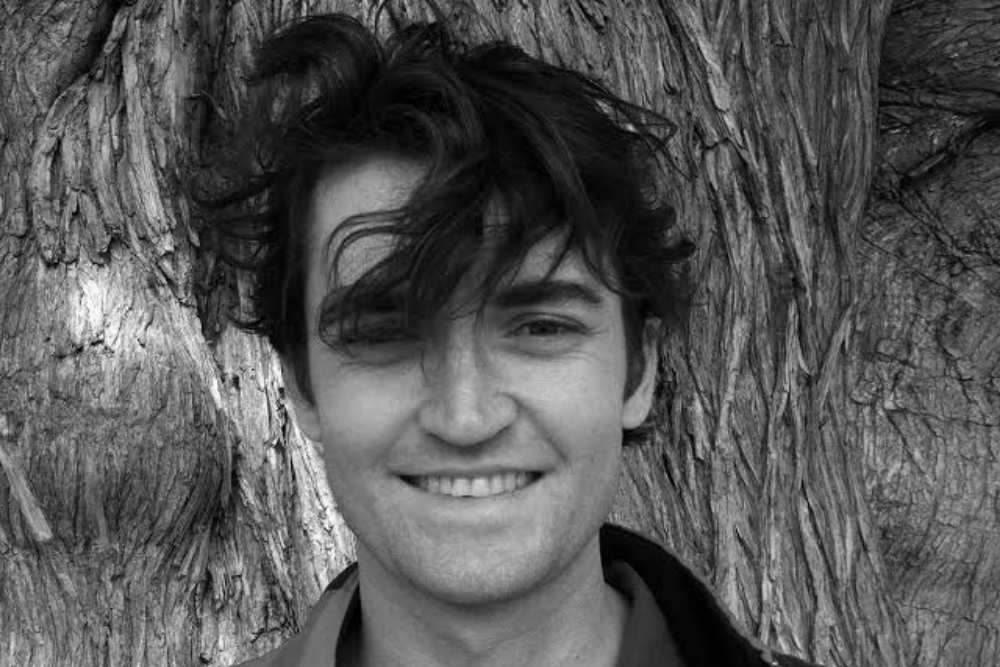United States President Donald Trump has granted a full pardon to Ross Ulbricht, the founder of the infamous Silk Road dark web marketplace. Ulbricht, who had been serving a life sentence for his role in operating the illicit online marketplace, is now a free man.
The pardon marks the end of a years-long legal battle for Ulbricht, who was arrested in 2013 and convicted on charges of money laundering, conspiracy to commit computer hacking, and conspiracy to traffic narcotics. Silk Road, which allowed users to buy and sell illegal goods—primarily drugs—using the world’s leading cryptocurrency.
Trump To Grant Pardon To Ulbricht
Before his release, during the Republican presidential campaign in May, he attended the Libertarian National Convention and announced plans to commute Ulbricht’s sentence. He referred to the case as an example of good government outreach.
Ulbricht’s arrest marked the end of what prosecutors referred to as a worldwide black market marketplace, which, from 2011 onwards for two years, saw over 100,000 individuals engage in transactions totaling $214 million for illegal drugs and other illicit services.
Advocates for the pardon also contended that an excessive legal response unfairly targeted Ulbricht and that his sentence was disproportionate to his offense. The prosecutors claimed that although his actions were unlawful, they primarily resulted from an emerging digital era in which privacy and anonymity were still being defined and tested.
Furthermore, the prosecutors noted that several persons died due to the drugs purchased on Silk Road, and the platform used the Tor network for anonymous communication and accepted BTC as payment, enabling users to hide their identities and locations, according to prosecutors.
Ulbricht Defends Platform
During the trial, Ulbricht admitted to founding Silk Road, which his defense attorney described as a “freewheeling, free market platform.” However, his legal team argued that he eventually passed control of the site to others and was later drawn back to take the fall for those in charge.
In his defense, Ulbricht also stated that he aimed to inspire individuals to take control of their decisions and maintain their privacy and anonymity. After the hearing, a federal jury in Manhattan found Ulbricht guilty in February 2015.
Find Cryptocurrencies to Watch and Read Crypto News on the Go Follow CryptosToWatch on X (Twitter) Now

